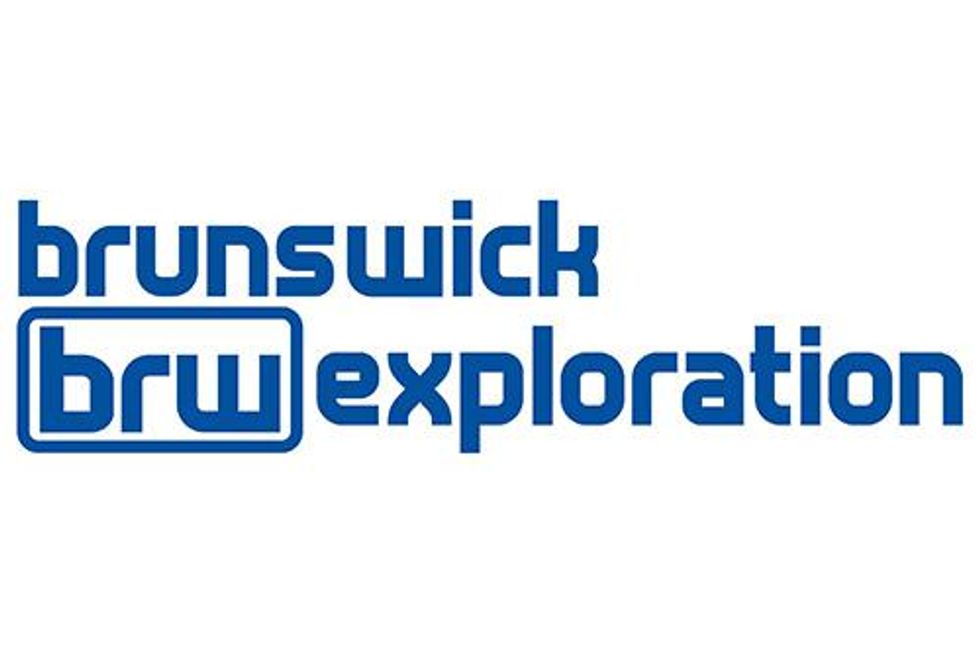Lemuria Royalties: Building Critical Mass Before Going Public

President and Director Abraham Drost explains the company’s strategy and plans for 2017.
Buying low and selling high is a key tenet of investing, and the strategy also applies to royalty and streaming companies. These companies, which make contracts with mine operators for a percentage of net revenue or production, are often able to benefit by doing deals when the market is down.
Now that sentiment and prices in the resource space are turning around, some investors are wondering whether it’s still a good time to focus on royalty and streaming stocks. According to Abraham Drost, president and director of Lemuria Royalties, the answer is yes. “It’s really a relationship-driven business. We think we have our niche,” he told the Investing News Network (INN) at this year’s Prospectors & Developers Association of Canada (PDAC) conference.
Lemuria entered the arena in early 2016, and since then Drost and the company’s other showrunners — including David Morgan of The Morgan Report — have been working to raise money, acquire precious metals royalties and streaming deals and ultimately put Lemuria in a good place to go public. Read on to learn more about the company, including what it has planned for 2017 and when it may step out of the private sphere.
INN: Can you start by telling me a little about your background? Have you been involved with royalty and/or streaming companies before?
AB: I’m a geologist by training with 25 to 30 years of experience since graduating in the 1980s. I’ve been involved in the exploration and development business since that time.
So I came to it from an exploration and development background, but I had the chance to get involved with a royalty company in 2012 called Premier Royalties. Over the space of about a year and a half we were able to accumulate half a dozen cash-flowing royalties. A larger competitor, namely Sandstorm Gold (TSX:SSL,NYSEMKT:SAND), took us out at the end of 2013. That was a very interesting learning exercise, and we’re doing the same thing again with Lemuria.
INN: You and some other very well-connected and well-known people are leading Lemuria. Have these connections made it easier for the company to get off the ground and gain traction?
AB: There’s no question in the sense that David Morgan is our chairman and CEO — David is a newsletter writer. David and I collaborated early in 2016 after … my sale as CEO of Carlisle Goldfields to Alamos Gold (TSX:AGI). David came up with a question: “what’s next for Abraham?”
My response to David at that time was, “I’m thinking about the royalties space.” He found that very interesting because … within David’s network were some newsletter subscribers that had indicated a desire to invest more directly in some of David’s thoughts and ideas. And so we formed Lemuria and have been able to raise about US$8.5 million from those individuals to redeploy into royalties and streaming deals. David’s connections in that context were very critical and key to the formation of Lemuria. And so from that perspective that’s made things a little easier.
INN: I know Lemuria makes sure to choose its royalties and streaming deals carefully. What criteria does the company follow?
AB: That’s right. We tend to focus on cash-flowing or near-term cash-flowing deals — that is to say, permitted or near-term permitted, prefeasibility or feasibility ready. We really do focus on more advanced projects, and then we tend to use a discounted cash-flow model based on the economic criteria that are generated and the economic models on those projects. Then we follow the model quite strictly.
We don’t tend to chase competitive situations, we tend to focus on developing relationships with potential vendors, whether they be individual companies or whether they be third-party holders of royalties on producing situations and so forth. We’ll look at either. We are definitely interested in both royalties and streaming deals.
INN: Do you have any deals in the pipeline? Or does Lemuria have any other milestones that investors should be looking out for?
AB: We are looking at several things at this time, and developing financial models, discounted cash-flow models around certain projects. We’re contemplating some fairly significant and exciting asset acquisition opportunities at this time. Nothing’s ever guaranteed, but we feel that Lemuria’s in a good place right now, particularly because the company is well financed, and we’re ready to place funds for the right deal.
INN: Royalty and streaming companies often benefit by acquiring assets when the market is down. Now that the market is beginning to turn, is it still a good time to be in the business?
AB: I think it is. We hear often that it’s become a bit of a crowded space, [but] we think to some extent everything’s a crowded space — investment banking being a good example. It’s really a relationship-driven business. We think we have our niche.
Certainly the landscape has changed since early 2016. We’ve seen valuations increase tremendously. We’ve seen public royalty companies have potentially an advantage over private royalty companies because we’re dealing strictly with cash, which trades at one times NAV, whereas shares in the royalty space right now trade at 1.6 in terms of price to NAV or greater. There’s a natural advantage to using public paper, public stock for consideration on royalty deals. That has driven us to look at potentially going public to be able to use our shares as currency.
INN: Do you have a timeline for going public?
AB: We certainly plan on going public. The timeline is uncertain simply because one never knows. Really the objective for Lemuria is to build critical mass privately and then ultimately take the company public.
Our ultimate remuneration is tied to a liquidity event, which is probably a go-public transaction, whether it be an IPO or an RTO; it could also involve a sale of the assets. But a liquidity event of some sort for the benefit of our shareholders — that’s when we get paid through a management fee. But it’s not earned until we’ve actually made them liquid.
Don’t forget to follow us @INN_Resource for real-time news updates!
Securities Disclosure: I, Charlotte McLeod, hold no direct investment interest in any company mentioned in this article.
Editorial Disclosure: The Investing News Network does not guarantee the accuracy or thoroughness of the information reported in contributed article. The opinions expressed in these interviews do not reflect the opinions of the Investing News Network and do not constitute investment advice. All readers are encouraged to perform their own due diligence.
Related reading:
PDAC 2017, Day 1: Notes from the Floor
PDAC 2017, Day 2: Notes from the Floor
PDAC 2017, Day 3: Notes from the Floor





